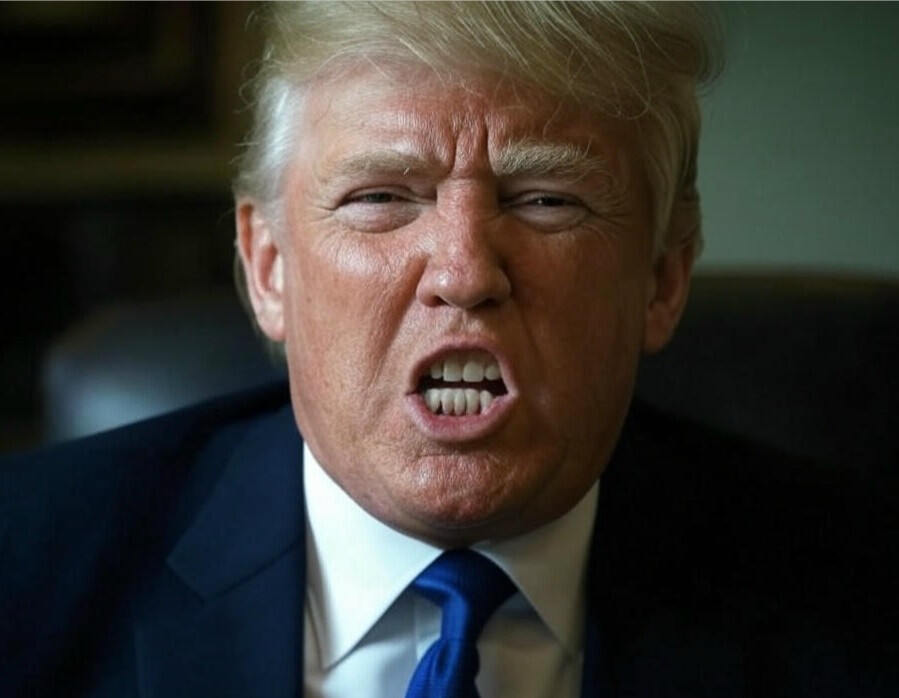
With Donald Trump back in the White House in 2025, the world watches his return with bated breath. The memory of the chaos experienced during his first term is still vivid, and this time, his economic policies, particularly the ‘tariff bombs,’ are once again putting the international community on edge. Why is the Trump administration treating the world with such an aggressive stance? What are they afraid of, and why are they wielding tariffs as a weapon?
To understand the Trump administration's actions, one must first look into their worldview. Trump and his advisors view globalization as the cause of America's decline. For them, international trade is an unfair playing field, and the United States is always on the losing side. China's rapid growth, Europe's cunning trade strategies, and even allies' insufficient burden-sharing on defense—all of these are seen as factors threatening America's economic hegemony. Trump seeks to reverse this under the banner of ‘America First.’ However, in this process, he seems to have chosen war over negotiation. Tariffs are the weapons of that war.
Tariff bombs are not just simple economic policies. They are political declarations and psychological pressure. Trump aims to bring the opposing countries to the negotiating table through high tariffs. His logic is simple: "If you hurt me, I will hurt you more." This is a kind of economic arm wrestling. However, this strategy is a double-edged sword. As major powers like China and the European Union retaliate with their own tariffs, American businesses and consumers are also suffering. Nevertheless, Trump does not back down. Why? Because he is operating out of fear.
What the Trump administration fears is the loss of American hegemony. The United States, which dominated the world throughout the 20th century, is now gradually losing its economic and military superiority to other nations. China has already risen to become the world's second-largest economy and threatens the US in technology and manufacturing. Trump perceives this as a ‘humiliation.’ His tariff policy is not simply a calculation to reduce the trade deficit but a desperate struggle to regain America's standing. He wants the world to fear America again. That is why he has chosen violence—economic violence.
However, this violence comes at a cost. International supply chains are already shaken, and even allies are showing signs of turning their backs. Countries like South Korea and Japan are troubled about how to respond to America's tariff pressure. Trump may portray this as a ‘victory,’ but in the long run, it carries a significant risk of isolating the United States. His fear may end up undermining what he is trying to protect.
Ultimately, the Trump administration's tariff bombs are an expression of weakness disguised as strength. They fear the world, and they express that fear through anger. The problem is that no one can be sure where this anger will lead the world. The global community in 2025 maintains an uneasy peace, waiting for the tariff bomb in Trump's hands to explode.
[Copyright (c) Global Economic Times. All Rights Reserved.]



























